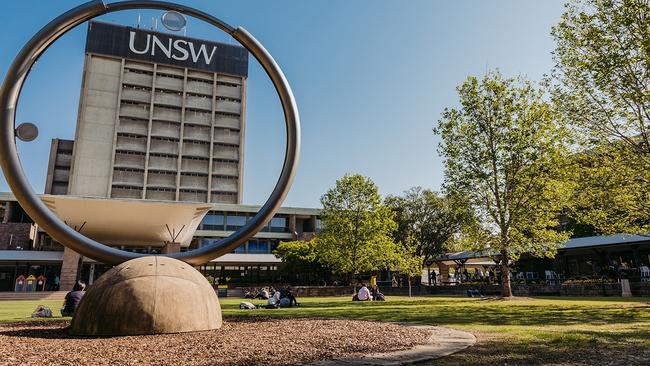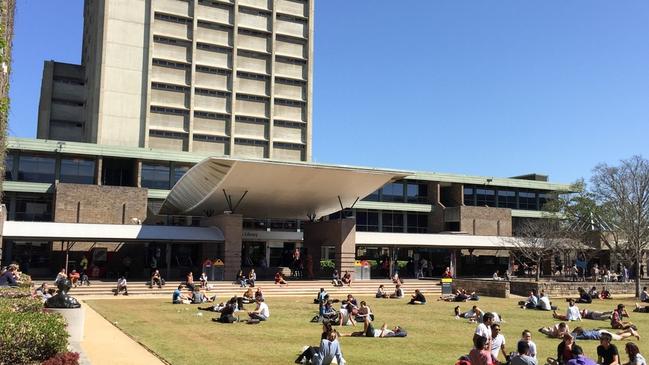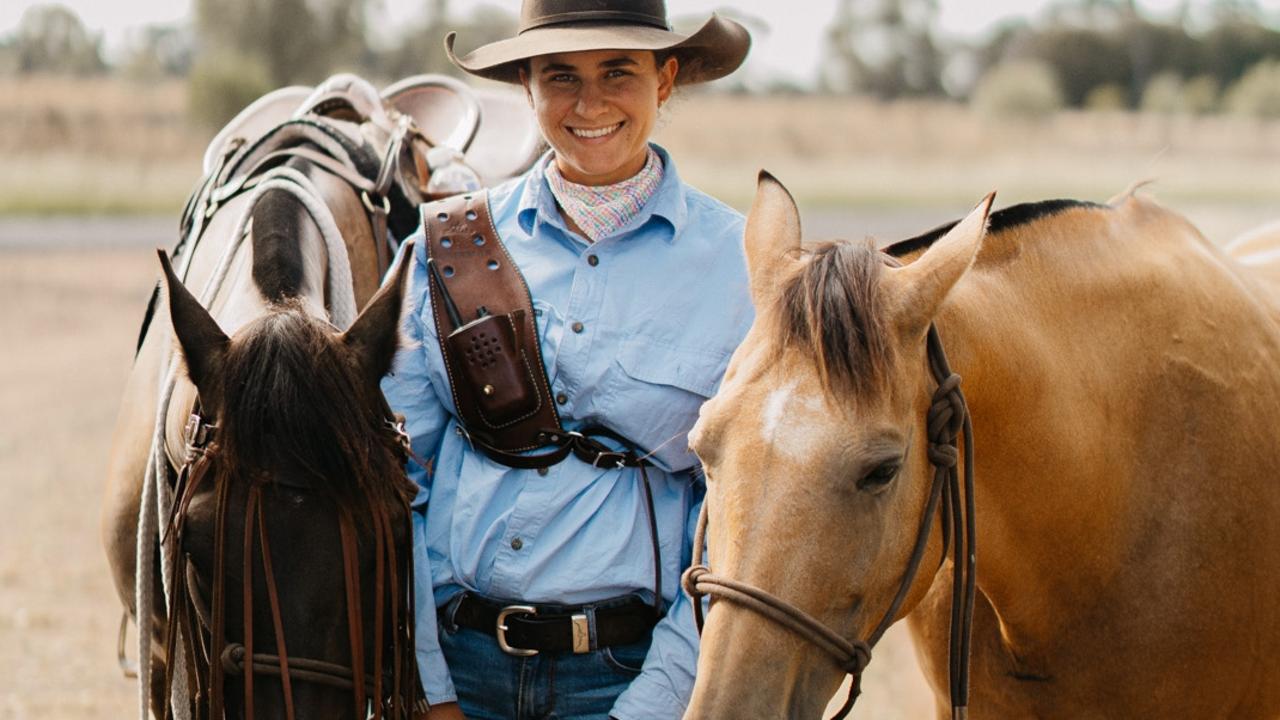UNSW diversity push: Roll call banned under new 2021 inclusivity rules
UNSW tutors have been told not to mark the roll, citing gender concerns amid a flurry of new diversity and inclusion edicts.

NSW
Don't miss out on the headlines from NSW. Followed categories will be added to My News.
University of NSW staff have been told not to call the roll for attendance in tutorials beginning this week in a bid to create a “gender-affirming” and inclusive teaching environment.
In a handbook released last year called the Gender Affirmation Guideline, teaching staff were told: “Don’t call roll or attendance. System barriers are present at UNSW which means that there may be discrepancies between the name a student shares and the official roll. Always defer to the student.”
“Passing around a sign-in sheet may unintentionally ‘out’ students to the rest of the class.”
But UNSW Conservative Club president Sam Jacobs said marking the roll was the fundamental responsibility of the tutor.
“It would appear to me this is an example of political correctness gone mad, it is absurd to not be able to expect university (staff) not to mark attendance or rolls in classrooms,” he said.

It is the latest set of rules in a bigger diversity and inclusion push. In another handbook for the Faculty of Science called the Classroom Inclusivity Guidelines released last year, staff were told staff not to use phrases like European settlement.
“When referring to the European colonisation in Australia the terms “discovery” or “settlement” should be avoided in favour of “colonisation”, “occupation” or “invasion”,” it said.
It also urged teachers to review their course content in a bid to have a gender balance in examples and use “inclusive” language like humankind instead of mankind.
“In the case that a student ‘calls out’ your use of non-inclusive language, avoid being defensive. Acknowledge it in the moment, and later reflect on how you might ensure inclusivity in the future,” it said.

Retired UNSW mathematics Professor James Franklin said introducing guidelines on acceptable language was restricting what students could think about at university.
“It is problematic, people are told what to think and things they might be thinking are not allowed on the table for example in tutorials,” he said.
“There is a growing feeling to have a conservative view that you might have some troubles.”
A UNSW spokeswoman would not say how attendance would be recorded in tutorials but said “flexible systems” which were developed last year during the coronavirus pandemic would continue to be refined.
She said The Gender Affirmation Guideline was just a guide and the language directives were “optional”.
“The guide is just that, a guide to assist everyone in our UNSW community to understand the importance of treating everyone respectfully and that includes being aware of the language, especially pronouns, by which people of diverse sexualities and genders would like to be addressed,” she said.
“The guide was developed because many in our UNSW community wanted to know how to behave respectfully and what language to use.”




